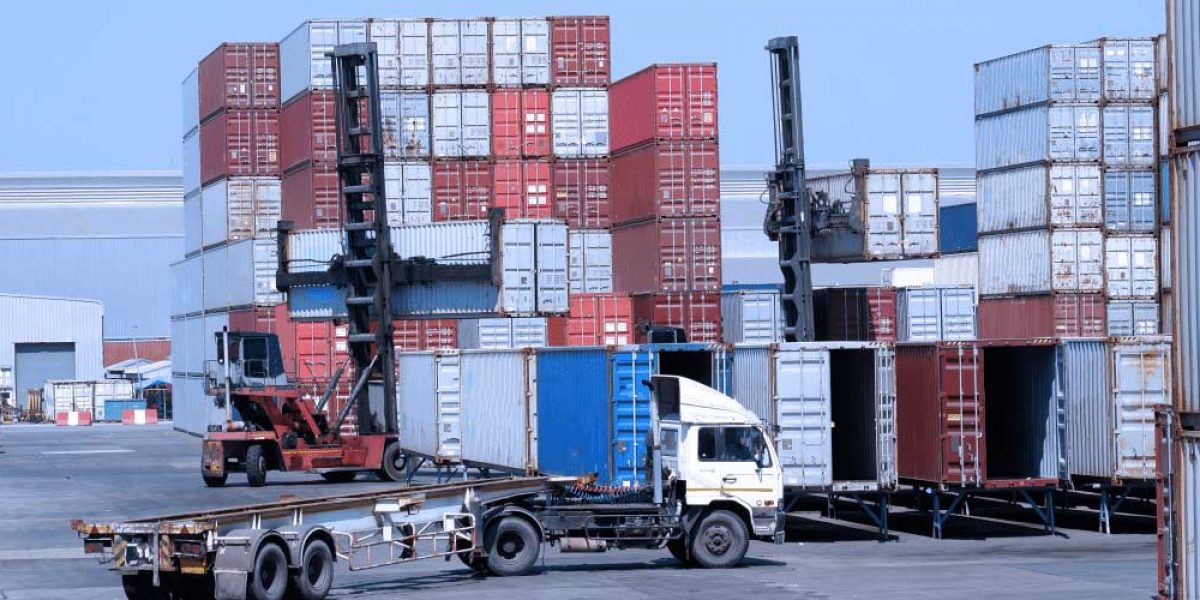In the realm of international trade and logistics, LCL (Less than Container Load) shipping stands as a crucial solution for businesses looking to transport smaller quantities of goods across borders. Whether you’re an experienced importer/exporter or just delving into the world of global trade, understanding LCL shipping is essential. This article aims to provide a comprehensive overview, covering its definition, advantages, challenges, and how it fits into the broader logistics landscape. Click here to learn more.
What is LCL Shipping?
LCL shipping is a method of cargo transportation where goods from multiple shippers are consolidated into a single container. Unlike FCL (Full Container Load) shipping, where a single shipper’s goods occupy an entire container, LCL allows smaller shipments to share space within the same container. This consolidation reduces costs for individual shippers, making it an attractive option for businesses with smaller loads.
Advantages of LCL Shipping
Cost-Effectiveness: LCL shipping enables small to medium-sized businesses to access international markets without the need to fill an entire container. By sharing container space with other shippers, companies can significantly reduce transportation costs compared to FCL shipping.
Flexibility: With LCL shipping, businesses can send smaller quantities of goods as needed rather than waiting to accumulate a full container load. This flexibility is particularly beneficial for companies with varying shipping volumes or those entering new markets. Learn more to grow.
Global Reach: LCL services are available on major trade routes worldwide, providing businesses with access to a vast network of destinations. Whether shipping to Europe, Asia, North America, or beyond, LCL offers reliable transportation solutions to virtually any location.
Reduced Inventory Holding Costs: By utilizing LCL shipping, businesses can maintain lower inventory levels since they don’t need to stockpile goods to fill a container. This can lead to cost savings by reducing warehousing expenses and minimizing the risk of overstocking.
Mitigated Risk: LCL shipping spreads the risk among multiple shippers, reducing the potential impact of disruptions such as delays, damage, or loss. Additionally, many LCL carriers offer cargo insurance options to protect shipments during transit further.
Challenges of LCL Shipping
Transshipment Delays: Since LCL shipments involve multiple stops to load and unload cargo from different shippers, there is a risk of delays due to transshipment activities. This can extend the overall transit time, impacting delivery schedules.
Cargo Consolidation and Deconsolidation: The process of consolidating and deconsolidating LCL shipments requires meticulous planning and coordination to ensure efficiency. Any errors or delays in these processes can lead to increased costs and disruptions.
Volume Fluctuations: LCL shipping may not be suitable for businesses with highly fluctuating shipping volumes. While it offers flexibility, frequent changes in shipment sizes can result in inefficiencies and higher costs over time.
Risk of Damage or Loss: Sharing container space with other shippers poses a risk of damage or loss to goods, especially if proper packing and securing measures are not taken. While carriers take precautions, incidents can still occur during transit or handling.
Documentation and Customs Clearance: Like any international shipment, LCL cargo requires accurate documentation and compliance with customs regulations. Managing paperwork and navigating customs procedures can be complex, particularly for inexperienced shippers.
Navigating LCL Shipping
Choose a Reliable Freight Forwarder: Partnering with a reputable freight forwarder experienced in LCL shipping is crucial for a smooth logistics operation. A reliable forwarder can handle cargo consolidation, documentation, and customs clearance and provide guidance throughout the shipping process.
Packaging and Labeling: Proper packaging and labeling are essential to protect goods during transit and facilitate efficient handling. Shippers should ensure that cargo is securely packed and labeled with necessary information to avoid damage or delays.
Optimize Shipment Size: While LCL offers flexibility, businesses should aim to optimize shipment sizes to minimize costs and maximize efficiency. Consolidating multiple smaller shipments whenever possible can lead to better utilization of container space and lower per-unit transportation costs.
Plan Ahead: Effective planning is key to successful LCL shipping. Shippers should consider transit times, lead times, and any specific requirements for their shipments to avoid last-minute issues and ensure timely delivery.
Customs Clearance and Documentation
Documentation Requirements: Proper documentation is critical for LCL shipments to clear customs smoothly. Shippers must ensure that all necessary paperwork, including commercial invoices, packing lists, and certificates of origin, is accurately completed and submitted to customs authorities.
Customs Clearance Procedures: Each country has its own customs regulations and procedures, which can vary widely. Shippers should work closely with their freight forwarder to navigate the customs clearance process and ensure compliance with all applicable laws and regulations.
Duties and Taxes: Import duties, taxes, and other fees may apply to LCL shipments, depending on the destination country and the nature of the goods being shipped. Shippers should be aware of these potential costs and factor them into their overall shipping expenses.
Restricted and Prohibited Items: Certain goods may be subject to import restrictions or outright prohibition in certain countries. Shippers must be aware of any restrictions that may apply to their goods and ensure compliance to avoid delays or penalties.
Conclusion
LCL shipping offers businesses of all sizes a cost-effective and flexible solution for transporting goods internationally. While it presents certain challenges, careful planning, proper management, and partnering with experienced logistics providers can help mitigate risks and maximize the benefits of LCL shipping. By understanding the intricacies of LCL logistics and following best practices, businesses can expand their global reach and compete more effectively in the international marketplace.
Published by: Nelly Chavez








